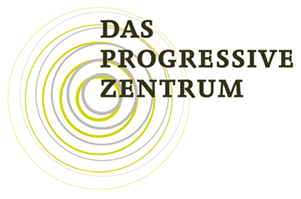
Events
Political Participation and Violence Against Women in Politics in Southeastern Europe
Women’s political participation and representation has made unprecedented progress over the last century. However, women are far below equal representation at every level of political decision-making across the world. Women continue to face the “glass ceiling”, prejudice, discrimination and acts of psychological (most difficult to prove due to its insidious nature) and even physical violence when they join a field from which they have been traditionally excluded and actively dissuaded. Men in politics also face violence, but the motives and the kinds of violence against women are different. This phenomenon contributes to the lack of political participation and representation of women and, by extension, threatens women’s rights, gender equality and democracy.
The Foundation for European Progressive Studies, in cooperation with the National Democratic Institute for International Affairs and the Swedish Olof Palme International Center conducted regional research on the position of women in politics in Southeastern Europe. The presentation of the research will take place on December 8 in Sarajevo via Zoom.
The presentation will be followed by a panel discussion on this serious societal concern aiming to discuss recommendations stemming from research and possible steps on progressive ways forward. The panel will be composed of the following participants: Edina Omeragic, social psychologist from Valicon Research; Edita Miftari from UN Women BiH and prof.dr. Nerzuk Curak from the Faculty of Political Science, University of Sarajevo.
Some of the most salient conclusions of the research are:
-
Women in public life (including politics) face double standards and their behavior is observed and judged through a ‘magnifying glass’
-
99% of research participants think that there should be more women in politics
-
While both men and women experience violence in politics, women are subjected to particular types of violence and intimidation that would rarely, if ever, happen to men.
-
In addition to specific forms of violence that happen uniquely to women, the research indicates that women are more likely than men to experience violence when engaged in politics
-
99% of research participants consider that patriarchy is still a dominant system of society in their country
-
79% of research participants consider that women in public life sacrifice significantly more than men.
-
68% of research participants think violence against women in politics is widespread in their country.
-
The study shows that young women who are politically inexperienced and women who, with their authority and qualities, become a threat to men's positions are more exposed to gender based violence
-
Consequences of violence in politics are pervasive and deeply troubling for women- ranging from psychological and health problems to dissuasion and withdrawal from politics



























































